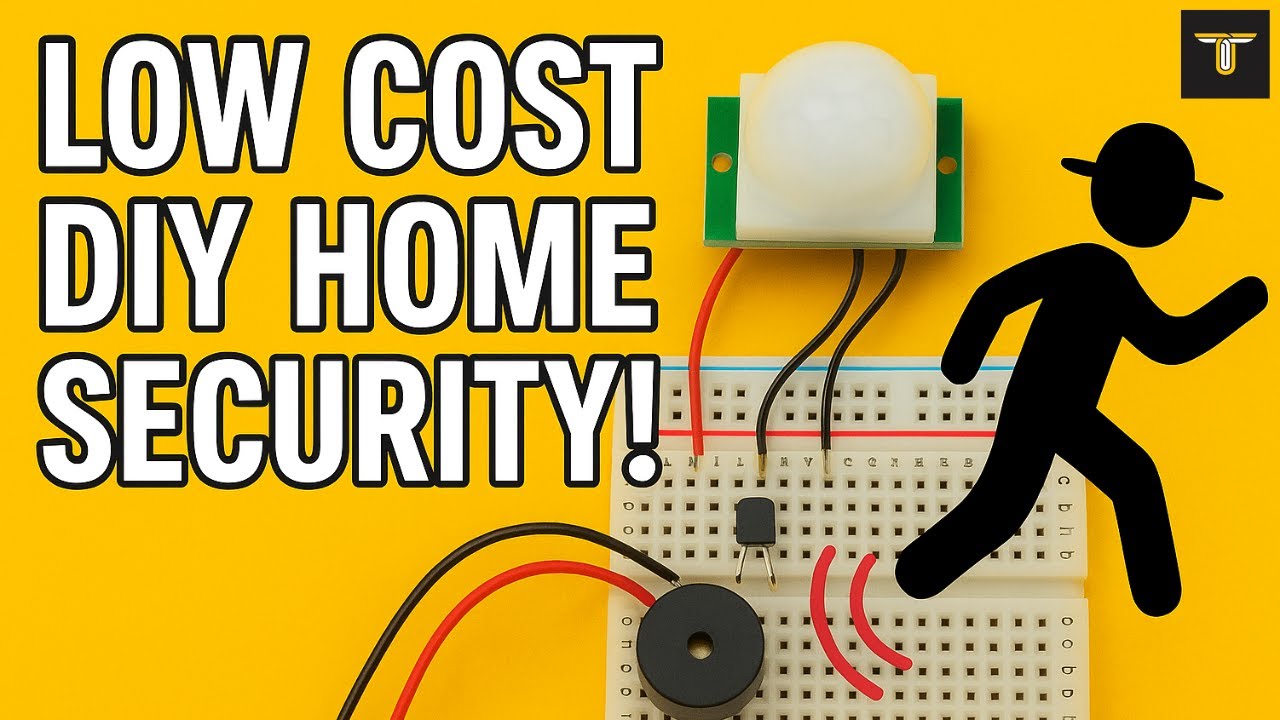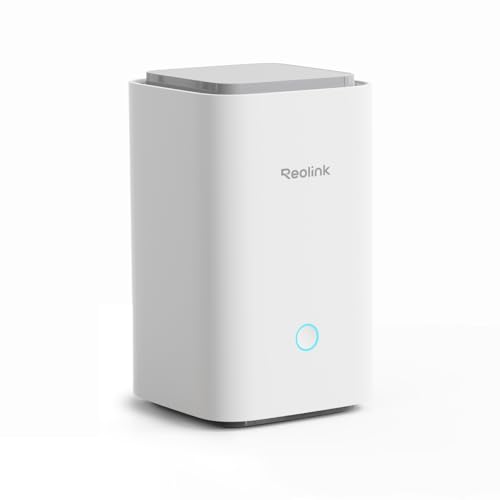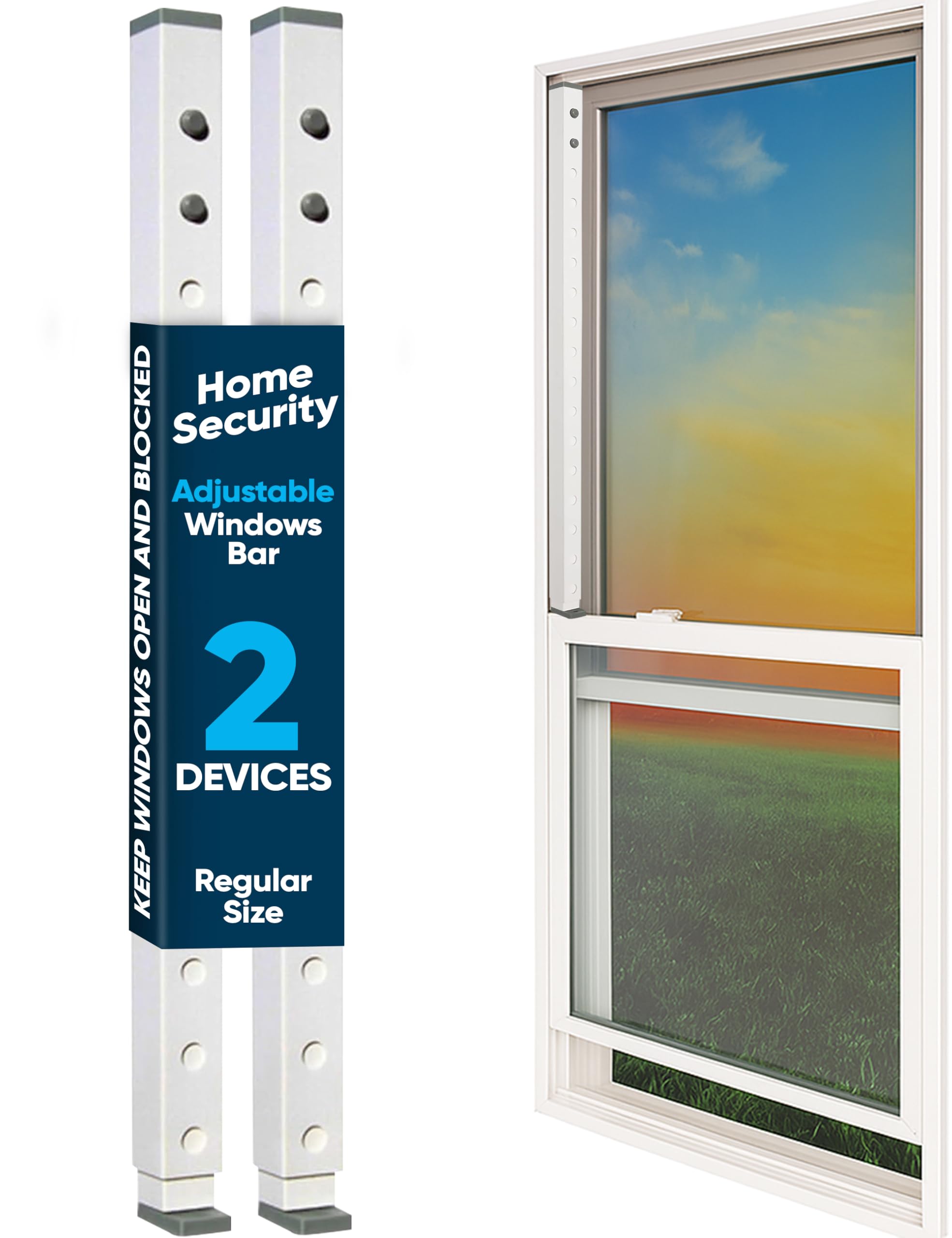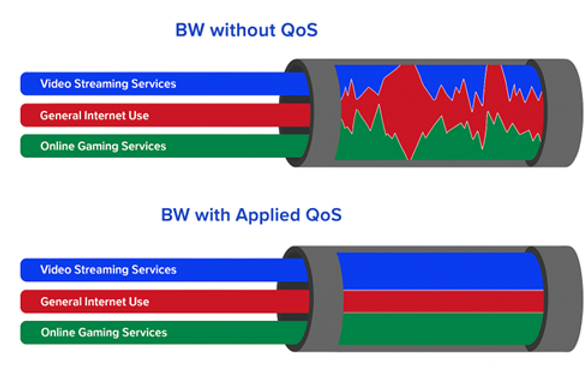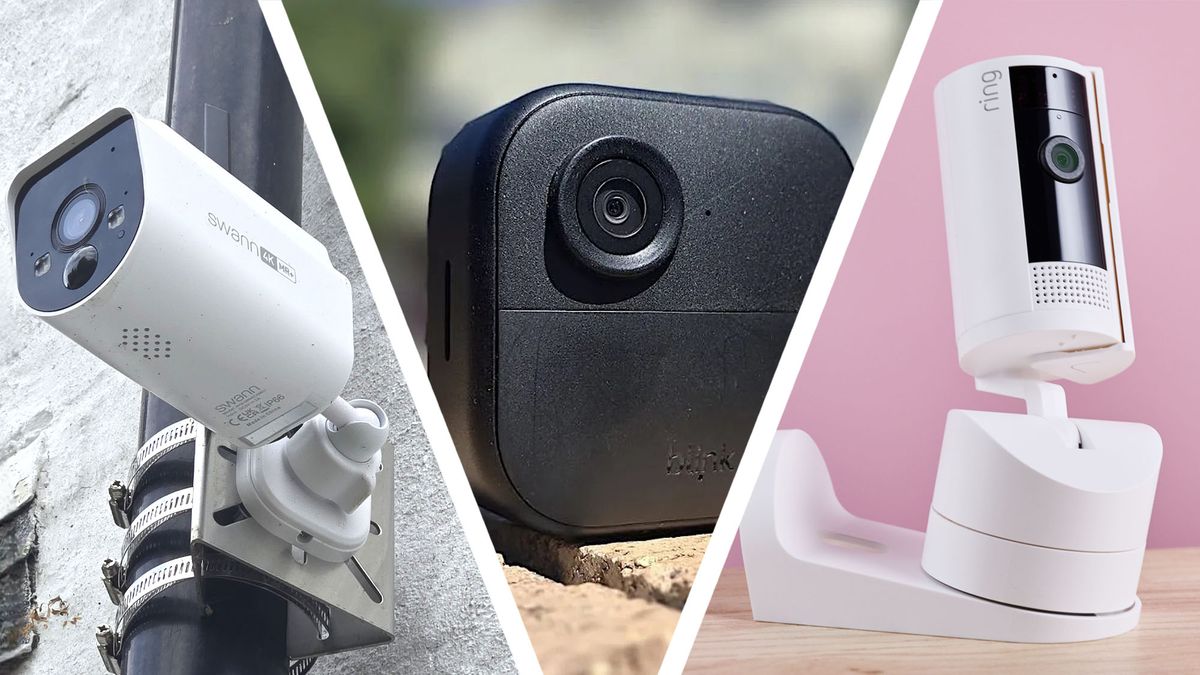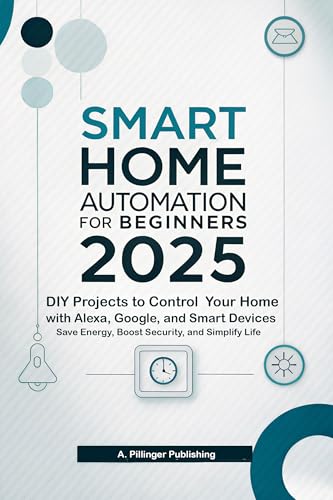Are you worried about the safety of your internet connection in a rental home or apartment? You should be.
Network security for renters is more important than ever because your personal information, devices, and privacy depend on it. But don’t worry—protecting your network doesn’t have to be complicated or expensive. You’ll discover simple, practical steps that anyone can take to keep their online world safe.
Keep reading, and you’ll learn how to take control of your network security, even if you don’t own the place you live in. Your peace of mind is just a few clicks away.
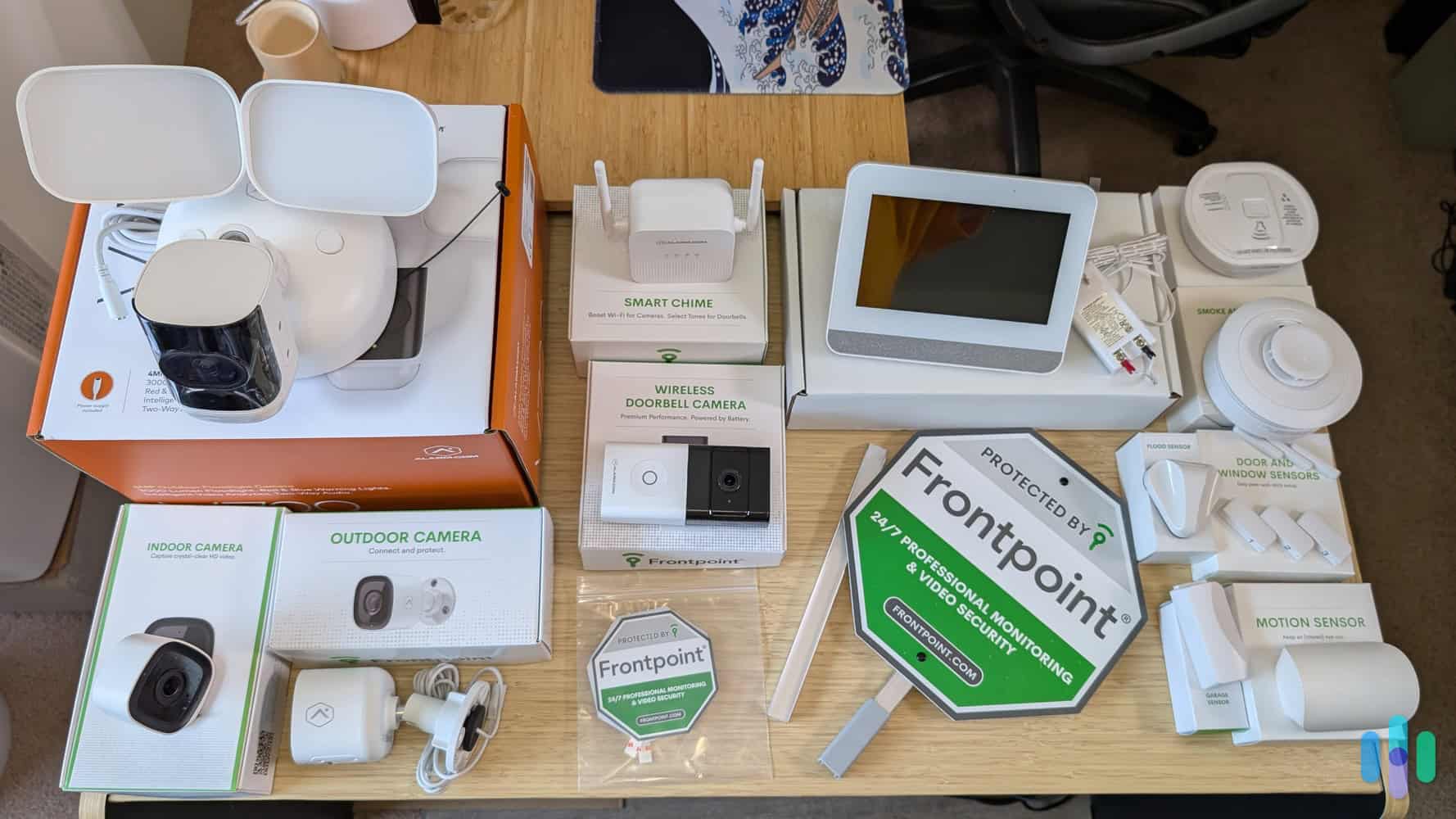
Credit: www.security.org
Risks For Renters On Networks
Renters often use shared or public networks. These networks can have many security risks. It is important to understand these risks to stay safe.
Network security problems can lead to stolen data or devices being hacked. Renters need to be careful when using the internet in shared spaces.
Common Threats In Shared Spaces
Shared networks in apartments or rental buildings are easy targets for hackers. Attackers can steal personal information or spread malware.
Some common threats include unsecured Wi-Fi, fake networks, and data snooping. These can put renters’ privacy at risk.
- Unsecured Wi-Fi allows hackers to access your data
- Fake networks trick renters into connecting and stealing info
- Data snooping lets others see your internet activity
- Man-in-the-middle attacks intercept communication between you and websites
Vulnerabilities In Rental Properties
Rental properties sometimes have weak network setups. Old routers or default passwords make it easier for criminals to break in.
Network devices shared by many renters increase risk. Without strong security, anyone can misuse the network or access private data.
- Outdated routers lack modern security features
- Default or weak passwords let attackers log in easily
- Shared networks give access to many users, raising risk
- Property managers may not update or secure the network often
Securing Your Home Network
Many renters use home Wi-Fi to connect their devices. It is important to keep this network safe.
Securing your home network helps protect your personal data from hackers and strangers.
Choosing Strong Passwords
Use passwords that are hard to guess. Avoid common words or simple number patterns.
Mix letters, numbers, and symbols to make passwords stronger. Change passwords regularly.
- Use at least 12 characters
- Include uppercase and lowercase letters
- Add numbers and special characters
- Do not use personal information
- Change passwords every few months
Updating Router Firmware
Router makers release updates to fix security problems. Install these updates often.
Check your router’s settings or website for firmware updates. Updating keeps your network safe.
- Log into your router’s admin page
- Look for firmware or software update section
- Download and install the latest update
- Restart your router after updating
Using Guest Networks
Guest networks let visitors use Wi-Fi without accessing your main network. This limits risks.
Turn on a guest network on your router. Share the guest password with visitors only.
- Keep your main network private
- Give guests a separate Wi-Fi name
- Use a different password for guest access
- Turn off guest network when not needed
Safe Internet Practices
Network security is very important for renters who use the internet often. Safe internet habits help protect your data and devices from threats.
Following simple rules can reduce risks and keep your online activities private and secure.
Avoiding Public Wi-fi Risks
Public Wi-Fi networks are easy to find but can be unsafe. Hackers may try to steal your information on these networks.
Do not access sensitive accounts or enter passwords on public Wi-Fi. Use secure networks or your mobile data instead.
- Turn off automatic Wi-Fi connections
- Use websites with HTTPS only
- Log out from accounts after use
Using Vpns For Privacy
A VPN hides your internet activity from others. It creates a secure connection when you go online.
Using a VPN on public or home networks helps protect your data from spying and hackers.
- VPNs encrypt your internet traffic
- They mask your real IP address
- VPNs allow safer access to public Wi-Fi
Recognizing Phishing Attempts
Phishing tries to trick you into giving personal info. These attacks come by email, text, or fake websites.
Watch for signs like urgent requests, spelling mistakes, or strange sender addresses before clicking links.
- Do not open unexpected attachments
- Verify sender details carefully
- Use two-factor authentication when possible
Device Protection Strategies
Protecting your devices is important for safe internet use. This helps keep your personal information secure. Renters should know simple ways to protect their devices.
Using strong protection methods stops hackers and viruses. It also keeps your devices running well.
Installing Security Software
Security software blocks viruses and hackers from accessing your device. It scans your files for threats regularly. This software acts like a shield for your data.
Choose software that fits your device and update it often. Free and paid options are available. Use one that fits your needs and budget.
Regular Software Updates
Updating your software fixes security weaknesses. Updates help protect your device from new threats. Turn on automatic updates if possible.
Check for updates on your operating system, apps, and security software. Keeping everything current makes your device safer.
Managing Device Permissions
Device permissions control what apps can access on your device. Only allow necessary permissions for each app. This limits data access and protects your privacy.
Review permissions regularly and remove those that are not needed. This simple step helps prevent misuse of your device’s information.
- Check app permissions in your device settings
- Deny access to location, camera, or microphone if not needed
- Revoke permissions for unused apps
Working With Landlords And Isps
Renters need safe and reliable internet. This requires working well with landlords and internet providers.
Understanding how to ask for secure setups and knowing network rules helps protect your data.
Requesting Secure Internet Setup
Ask your landlord or ISP about security options before moving in. A safe setup stops others from accessing your network.
Request features like strong passwords, firewalls, and separate networks for guests. This keeps your information private.
- Ask for a unique Wi-Fi name and password
- Request regular password updates
- Check if the router has a firewall
- Use a guest network for visitors
Understanding Shared Network Policies
Some rentals share internet among tenants. Know the rules to keep your data safe on shared networks.
Shared networks may have limits on devices or bandwidth. Learn what your landlord or ISP allows and follow their policies.
- Ask if the network is shared or private
- Find out about data limits or speed caps
- Use VPNs to protect your online activity
- Report any network problems to the landlord
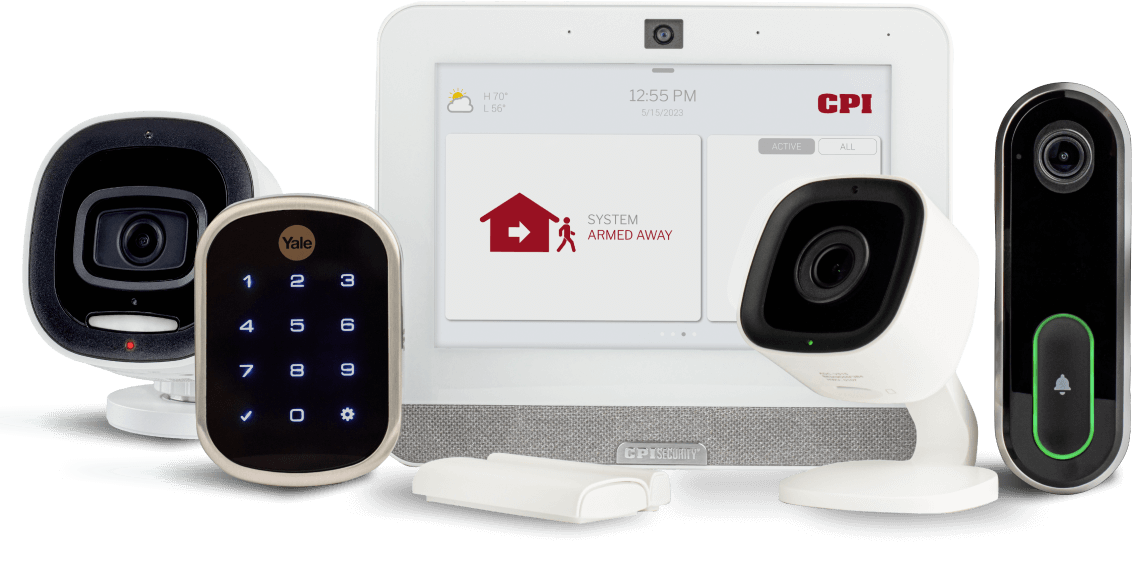
Credit: cpisecurity.com
Additional Tools For Renters
Renters need to protect their home internet from threats. Using extra tools can keep networks safe.
These tools help renters watch their network and add layers of security. They make online life safer.
Network Monitoring Apps
Network monitoring apps show all devices connected to your Wi-Fi. They help find unknown devices fast.
These apps alert you if someone tries to access your network. You can block intruders quickly.
- Check which devices are online
- Get alerts for new connections
- Monitor data usage on your network
- See signal strength and speed
Two-factor Authentication
Two-factor authentication adds a second step to log in. It needs a code along with a password.
This extra step stops hackers from entering your accounts even if they have your password.
- Use an app like Google Authenticator
- Receive codes by text message
- Protect email, banking, and social accounts
- Turn on 2FA for Wi-Fi router login if possible

Credit: www.eufy.com
Frequently Asked Questions
What Is Network Security For Renters?
Network security for renters involves protecting your internet connection in a rented property. It includes using strong passwords, enabling firewalls, and securing Wi-Fi routers. Renters should also regularly update software and devices to prevent unauthorized access and protect personal information from cyber threats.
How Can Renters Secure Their Wi-fi?
Renters can secure their Wi-Fi by changing the default router password. Enable WPA3 encryption for stronger protection. Regularly updating the router’s firmware is essential. Disabling remote management and hiding the network’s SSID can also enhance security. These steps help in minimizing unauthorized access to your network.
Why Is Vpn Important For Renters?
VPNs encrypt your internet connection, providing an additional layer of security for renters. This is especially important in shared or public networks. VPNs mask your IP address, protecting your online identity and activities. They help in maintaining privacy and security, especially when using open or shared Wi-Fi networks.
Can Renters Use Smart Devices Securely?
Yes, renters can use smart devices securely by following essential security practices. Change default passwords and enable encryption on all devices. Regularly update device software to patch vulnerabilities. Segregate smart devices from other network devices using a guest network. This reduces risks associated with smart home devices.
Conclusion
Protecting your network as a renter is important and possible. Use strong passwords and update them often. Always secure your Wi-Fi with encryption. Avoid sharing your network details with strangers. Keep your devices updated with the latest software. Regular checks help spot issues early.
A safe network keeps your data and privacy secure. Small steps make a big difference in safety. Stay aware and take control of your online space. Your security matters, no matter where you live.
15 min read

